
5 warning signs of str.oke in young adults
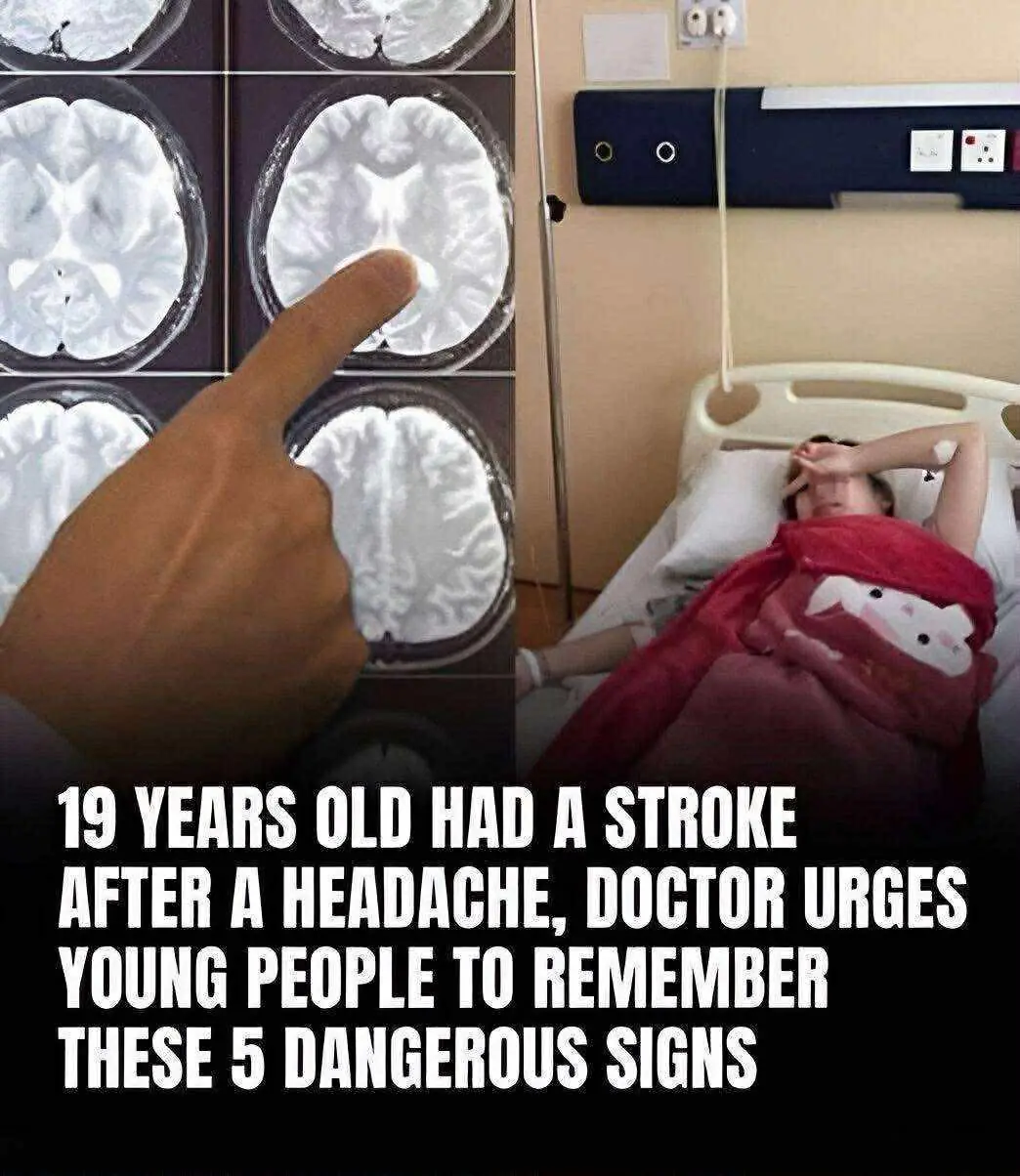
Stroke is often perceived as an issue that predominantly affects older adults. However, in recent years, there has been a noticeable increase in the number of young adults experiencing strokes. A stroke can strike without warning, regardless of age, and its effects can be devastating. It's crucial to understand the warning signs of a stroke, particularly in young adults, so that immediate action can be taken to prevent long-term damage or death. Early intervention is critical, and recognizing the symptoms can be life-saving.
In this article, we will discuss the five most common warning signs of stroke in young adults, their causes, and the steps that can be taken to reduce the risk.
1. Sudden Numbness or Weakness on One Side of the Body
One of the most common warning signs of a stroke is sudden numbness or weakness in the face, arm, or leg, particularly on one side of the body. This may occur suddenly and may be accompanied by difficulty raising an arm or smiling, as one side of the face may droop. In some cases, individuals may notice a sudden inability to feel or move a particular body part.
The reason this happens is due to the disruption of blood flow to the part of the brain that controls motor functions. This symptom is alarming, as the brain cannot receive the oxygen and nutrients it needs to function properly, causing the affected body part to lose function.
What to do:
If you or someone you know experiences sudden weakness or numbness, it’s important to call emergency services immediately. Time is crucial, and medical professionals can take immediate steps to intervene and potentially reduce brain damage.
2. Sudden Trouble Speaking or Understanding Speech
Another critical sign of a stroke is the sudden inability to speak or understand speech. Young adults who experience a stroke may find themselves unable to speak clearly, or they may slur their words. They may also have trouble understanding what others are saying. This is known as aphasia, which occurs when the stroke affects the parts of the brain responsible for language processing.
In some cases, a person might even have difficulty finding the right words, or they may become confused when trying to form coherent sentences.
What to do:
If you notice that someone is having trouble speaking or understanding speech, you should encourage them to speak slowly or try simple phrases. It is important to act quickly and seek medical help immediately, as early treatment can help preserve brain function.
3. Sudden Severe Headache
A severe headache that comes on suddenly and without any known cause can also be a sign of a stroke. This type of headache may feel different from a typical migraine or tension headache. It is often described as the worst headache a person has ever experienced and may be accompanied by nausea or vomiting.
This severe headache can result from bleeding in the brain, known as a hemorrhagic stroke. It may occur in the case of a ruptured aneurysm or from other sources of internal bleeding. While headaches are common, when they occur suddenly and severely, especially in a young adult who is otherwise healthy, they should not be ignored.
What to do:
If a young adult experiences a sudden and intense headache that is unlike any headache they’ve had before, it’s important to seek immediate medical attention. Do not wait for the pain to subside, as time lost can mean permanent brain damage.
4. Sudden Vision Problems
Another warning sign of a stroke is sudden changes in vision. This may involve blurred vision, double vision, or even the sudden loss of vision in one or both eyes. Vision problems can occur if a stroke affects the area of the brain that processes visual information.
Some individuals may notice that they have difficulty seeing out of one eye or that their vision has become completely blurry. This symptom is particularly concerning if it comes on suddenly without any other cause, such as injury or illness.
What to do:
Any sudden changes in vision, whether partial or complete, require immediate medical attention. A stroke can damage the parts of the brain that control vision, leading to permanent impairment if left untreated.
5. Sudden Dizziness, Loss of Balance, or Coordination Problems
Dizziness, loss of balance, and coordination problems are also common signs of a stroke. In young adults, this may manifest as difficulty walking or a feeling of being lightheaded. They may find themselves swaying, falling, or unable to keep their balance while standing or moving. This can be a result of the stroke disrupting the brain’s ability to coordinate movement.
Loss of balance or sudden dizziness could also be signs of a condition known as vertigo, which can sometimes be associated with a stroke, particularly in cases involving the brainstem. It’s important to take this symptom seriously, as strokes affecting balance can be particularly dangerous.
What to do:
If you experience sudden dizziness or loss of balance, it is important to sit or lie down immediately to avoid falling. Do not attempt to walk or move until you are sure it is safe. Seek medical attention immediately, especially if dizziness is accompanied by other stroke symptoms.
Risk Factors for Stroke in Young Adults
While strokes are more common in older adults, they can certainly affect young people, especially those who have certain risk factors. Some of the common risk factors for stroke in young adults include:
-
High blood pressure: Even in young adults, high blood pressure can increase the risk of stroke by damaging blood vessels in the brain.
-
Smoking: Smoking increases the risk of stroke by narrowing blood vessels and increasing clot formation.
-
Diabetes: Uncontrolled diabetes can damage blood vessels and increase the risk of stroke.
-
High cholesterol: Elevated cholesterol levels can lead to plaque buildup in arteries, which can result in a stroke.
-
Obesity: Being overweight can increase the likelihood of stroke, especially when combined with other risk factors like high blood pressure and diabetes.
-
Family history of stroke: If a young adult has a family history of stroke, they may be at a higher risk.
-
Use of oral contraceptives: Some studies suggest that certain types of birth control pills can increase the risk of stroke in young women, especially when combined with smoking.
-
Drug abuse: The use of illicit drugs, particularly stimulants like cocaine, has been linked to an increased risk of stroke.
What to Do If You Suspect a Stroke
If you or someone you know is experiencing any of the warning signs of a stroke, it is essential to act quickly. The faster you get medical help, the better the chances of minimizing brain damage and improving recovery outcomes.
Remember the acronym F.A.S.T. to recognize a stroke:
-
F – Face: Ask the person to smile. Does one side of their face droop?
-
A – Arms: Ask the person to raise both arms. Does one arm drift downward?
-
S – Speech: Ask the person to repeat a simple sentence. Is their speech slurred or strange?
-
T – Time: If you notice any of these signs, call emergency services immediately.
Conclusion
Strokes in young adults may be rare, but they can happen. Recognizing the warning signs of a stroke can make all the difference in saving a life and reducing the potential for long-term disability. If you or someone you know experiences any of the symptoms described above, don’t hesitate to seek medical help immediately. Early intervention is key, and with prompt treatment, young adults can recover from a stroke and return to normal life.
News in the same category


Pickled Vegetables: A Favorite Dish but Extremely Harmful for These 4 Groups of People!
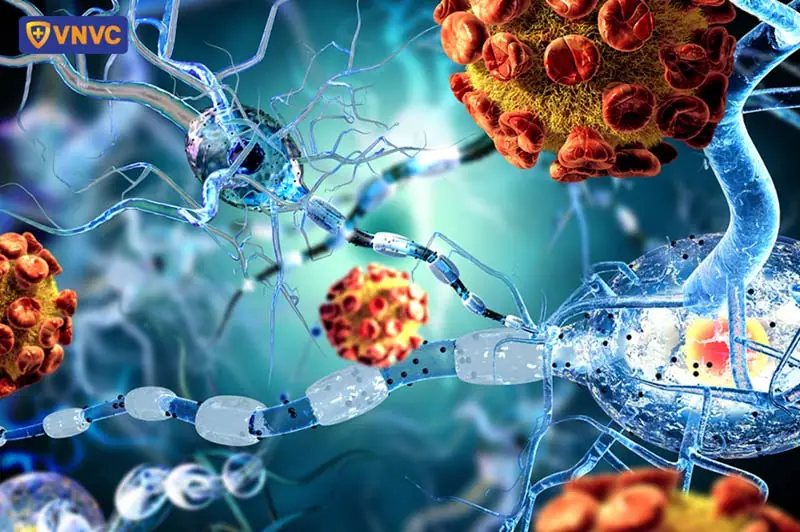
Why the Japanese Live Among the Longest Lives in the World
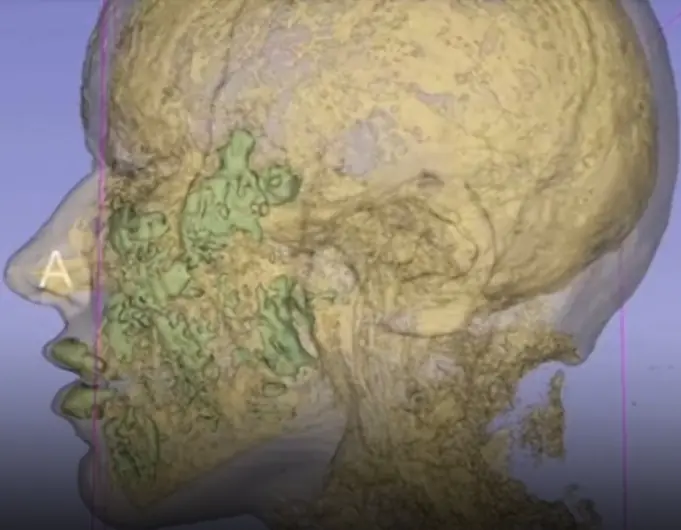
Hyaluronic acid fillers: The surprising truth revealed through MRI scans
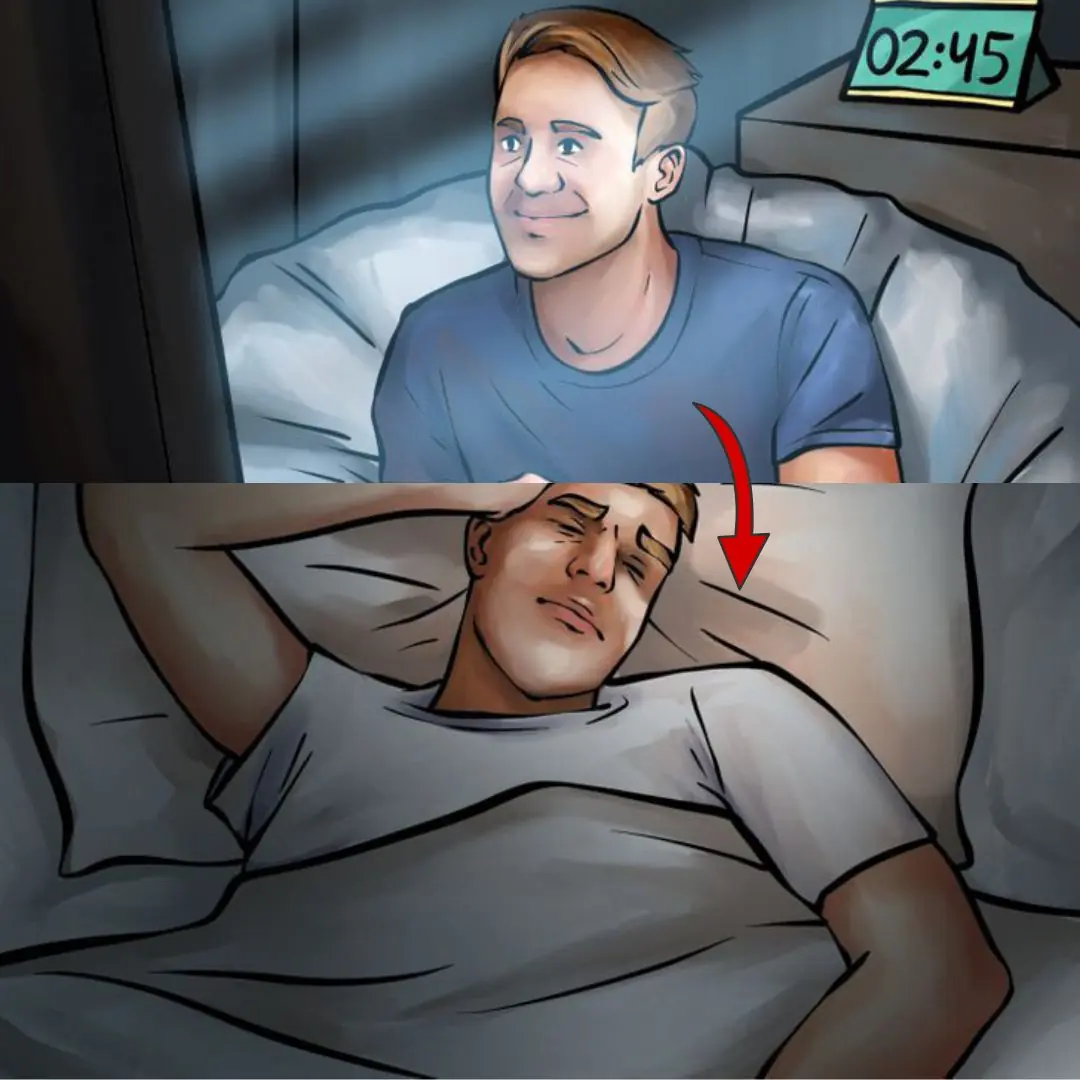
Sleeping Over 10 Hours a Day? Beware — It Could Signal These Hidden Health Problems
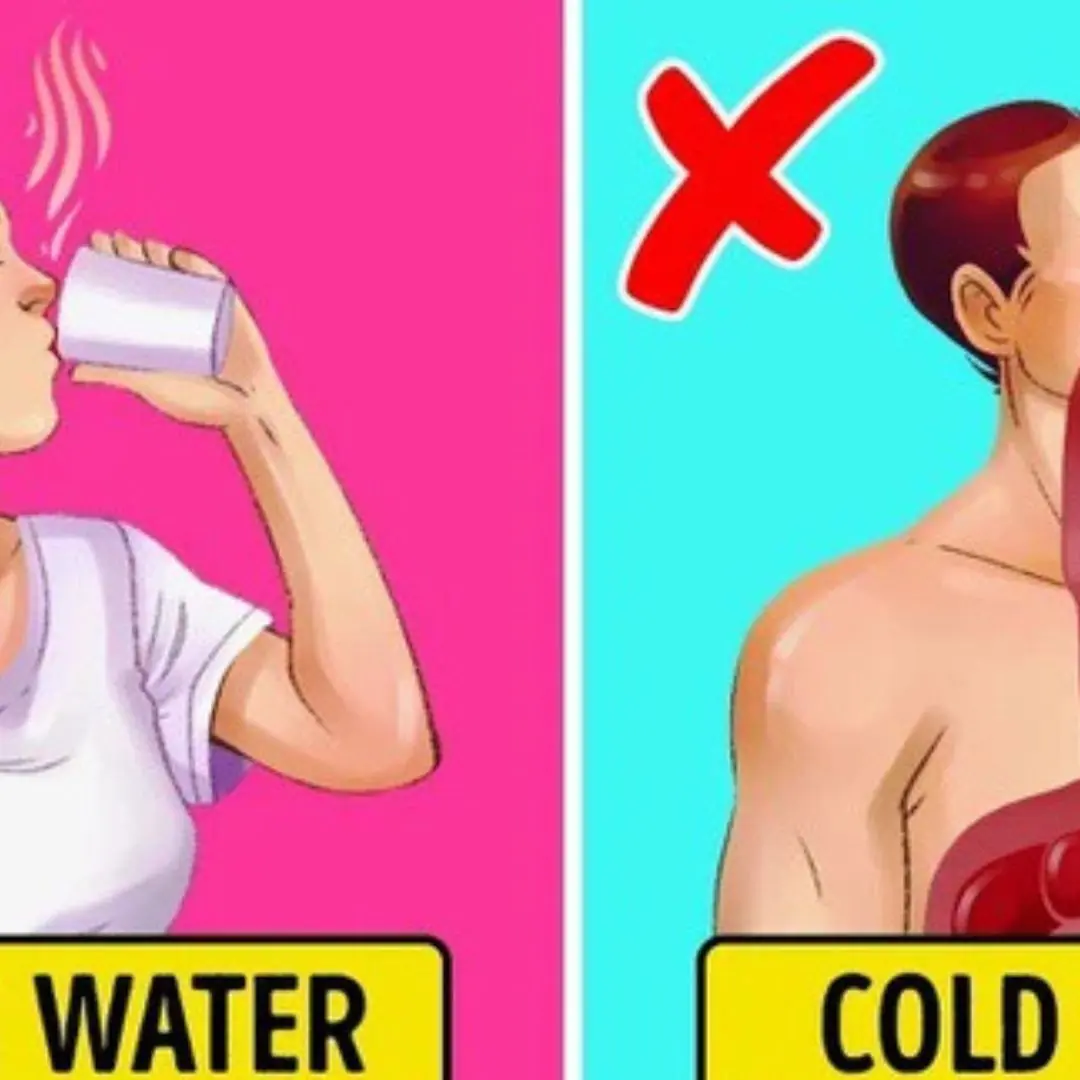
Drinking Warm vs. Cold Water — Discover How Each Impacts Your Health
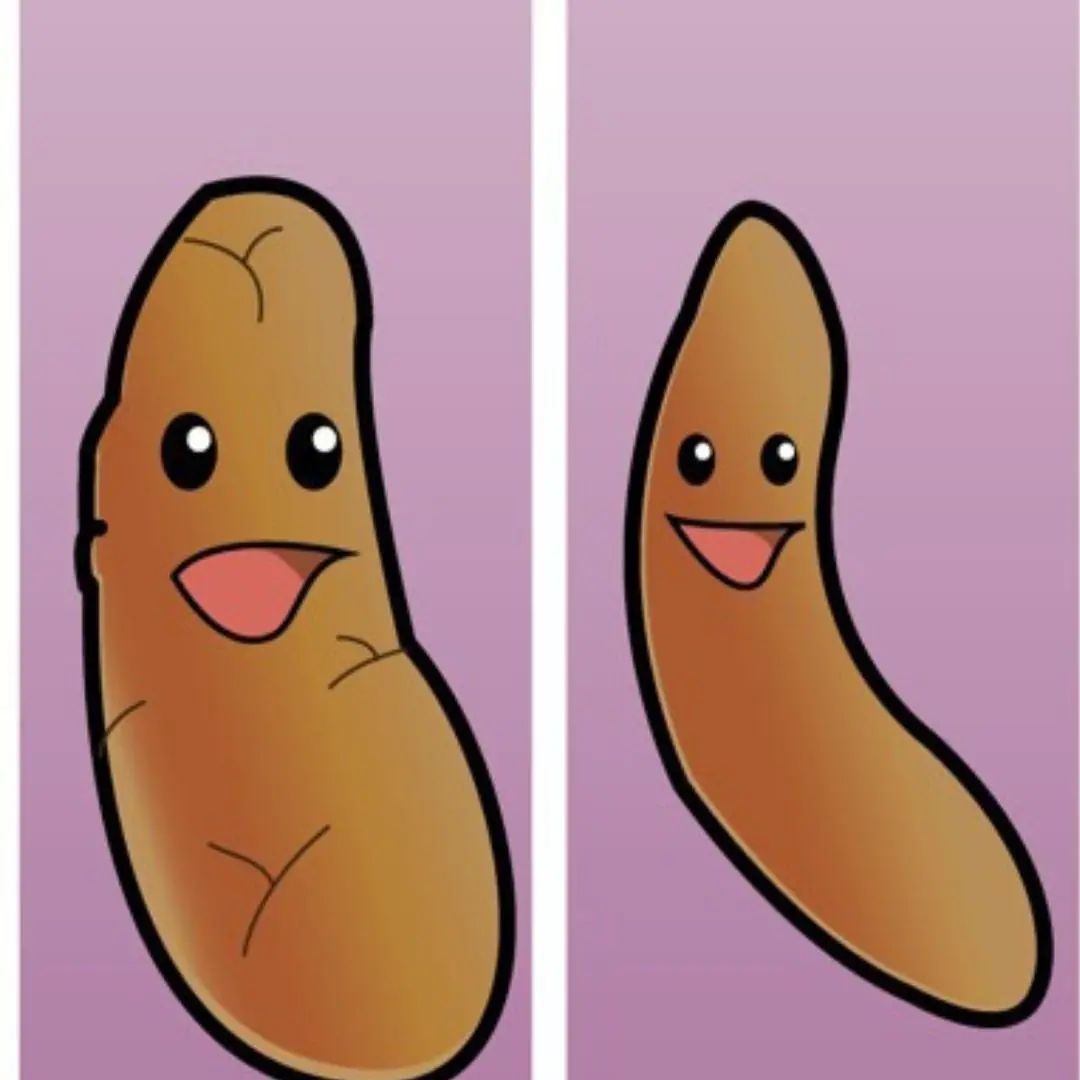
Rectal Cancer Warning: 5 Uncommon Symptoms You Should Never Overlook

Be careful if your hair shows these 6 signs

Experts warn: If these 3 signs appear at night, your kid.neys may be damaged

Sho.cking health benefits of sweet potatoes you never knew about
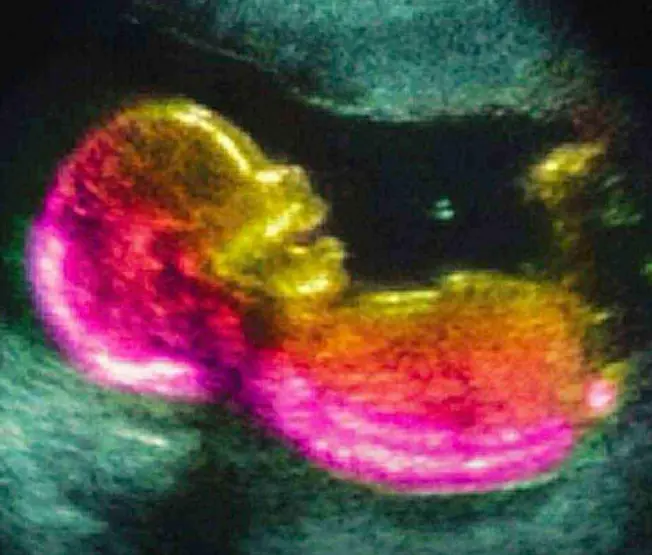
Study identifies possible connection to autism development
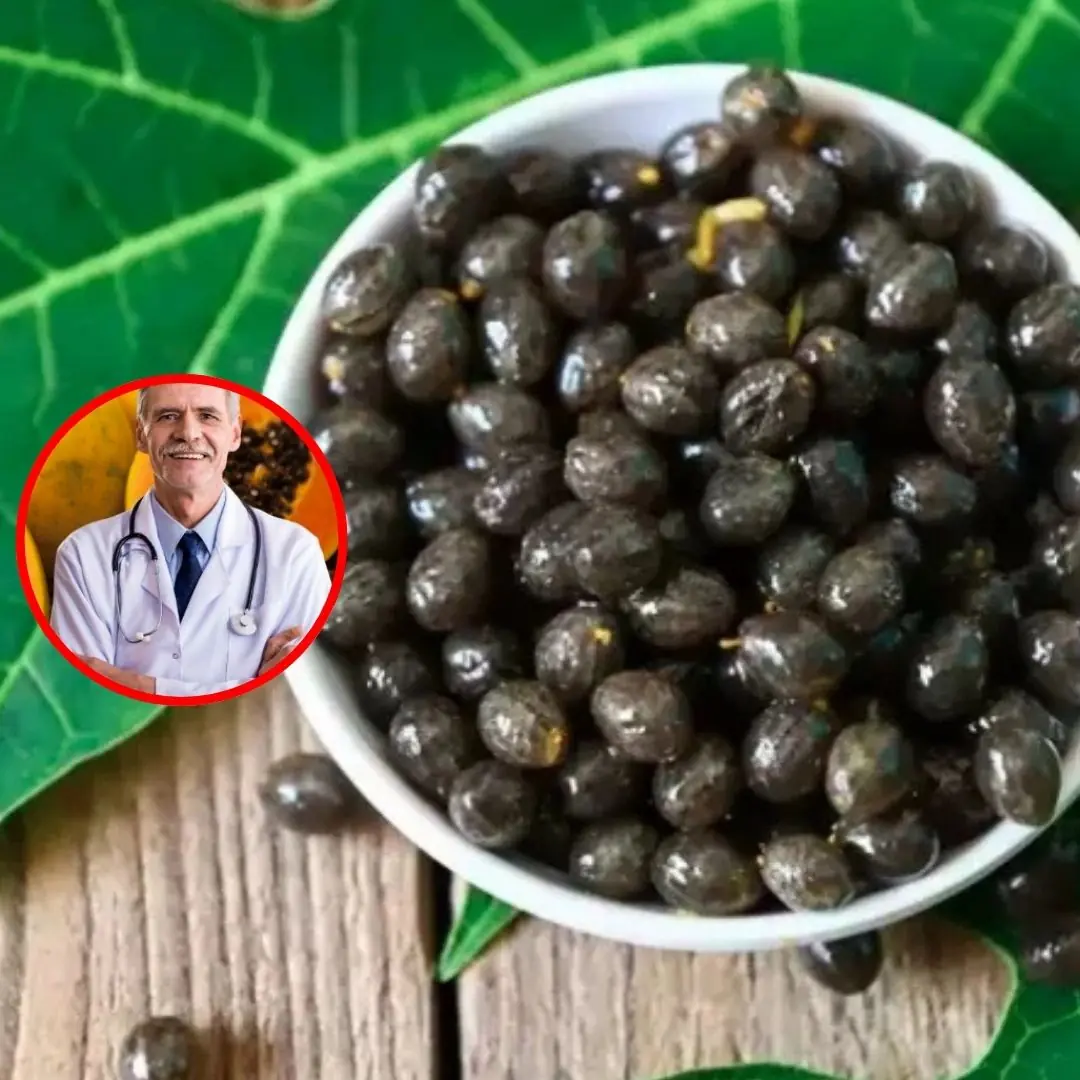
You should immediately give up the habit of eating this fruit and then scraping off the seeds because it has amazing benefits that few people expect.

Cold Weather, Frequent Nighttime Urination in Men, and Its Potential Health Consequences

The familiar seeds in the kitchen turn out to be a precious medicine with 9 wonderful uses
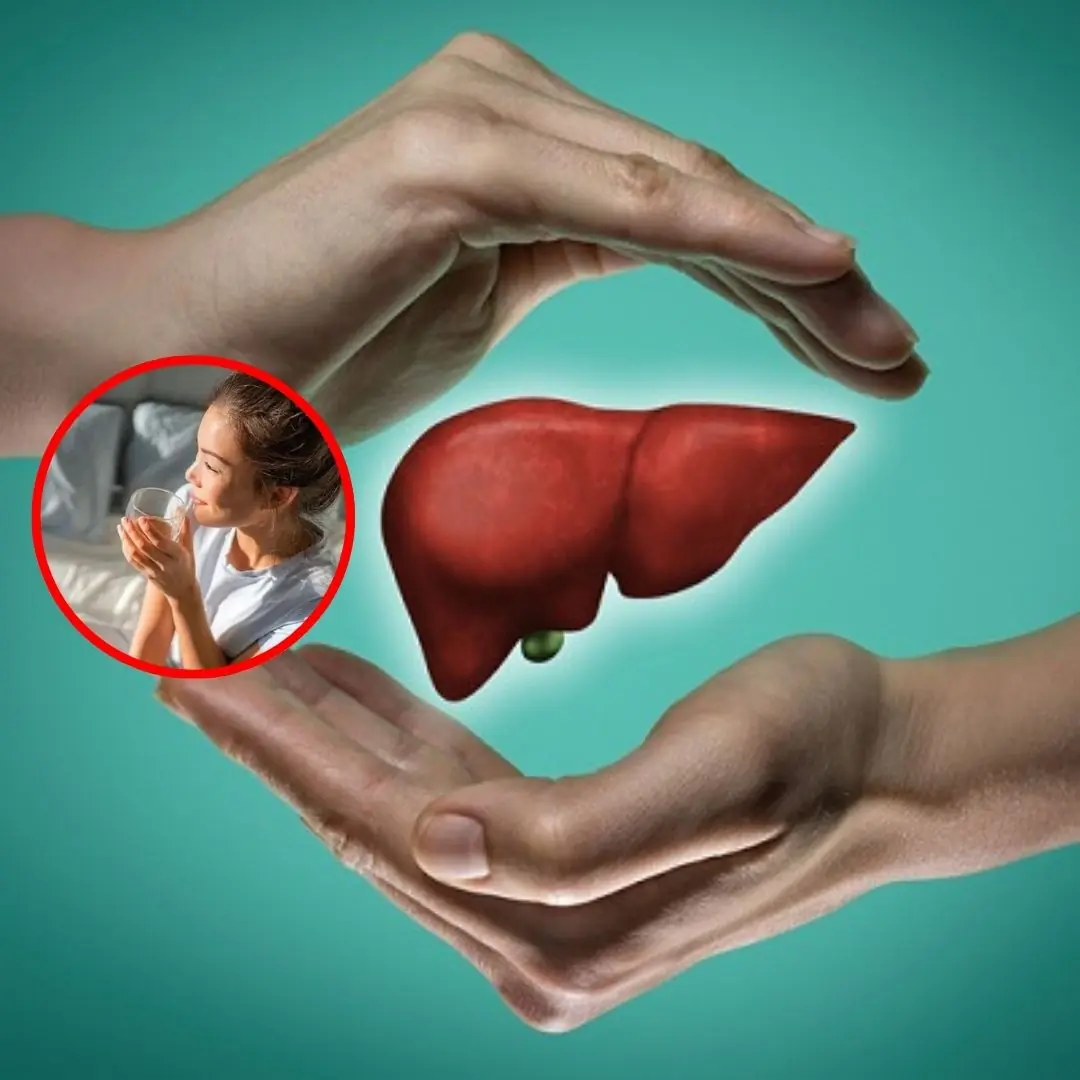
5 evening habits for a healthy liver and clean intestines
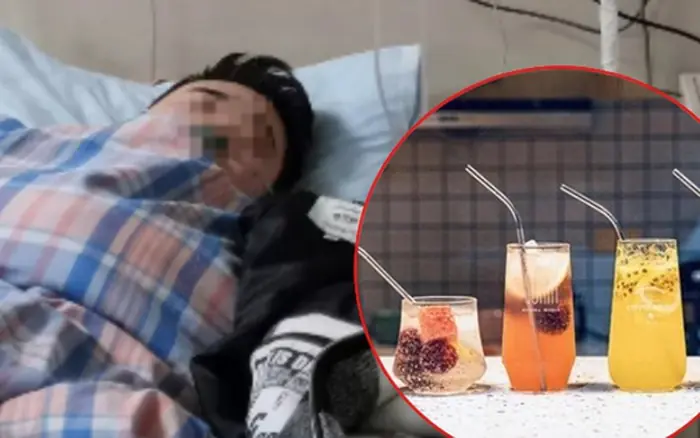
Doctor’s Reminder: Stop Drinking These 5 Beverages Immediately
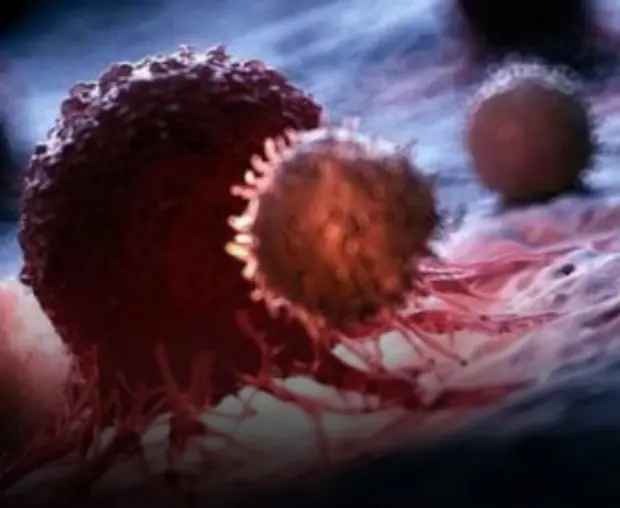
These 3 symptoms often appear in the morning - everyone should pay attention

5 types of fruit that make ca.n.cer "fearful" turn out to be full in the corner of the countryside garden, the world praises them but some are ignored

This tuber is considered "winter ginseng": Eating it correctly will double the benefits, eating it incorrectly will only bring harm to the body
News Post

What really happens to your body when you sleep with a fan on?

Doctor's warning: Why you shouldn't eat dumplings in the morning and 4 other foods to avoid

Pickled Vegetables: A Favorite Dish but Extremely Harmful for These 4 Groups of People!

Why the Japanese Live Among the Longest Lives in the World

Hyaluronic acid fillers: The surprising truth revealed through MRI scans

Sleeping Over 10 Hours a Day? Beware — It Could Signal These Hidden Health Problems

Drinking Warm vs. Cold Water — Discover How Each Impacts Your Health

Rectal Cancer Warning: 5 Uncommon Symptoms You Should Never Overlook

Be careful if your hair shows these 6 signs
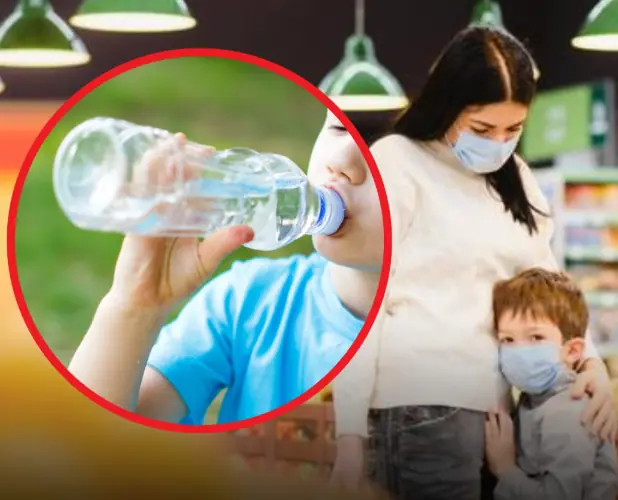
A controversial incident at a supermarket has sparked debate about fairness, rules and responsibility

When buying dragon fruit, should you choose ones with short or long stems? Knowing this trick, you’ll pick 10 perfect fruits every time!

Experts warn: If these 3 signs appear at night, your kid.neys may be damaged
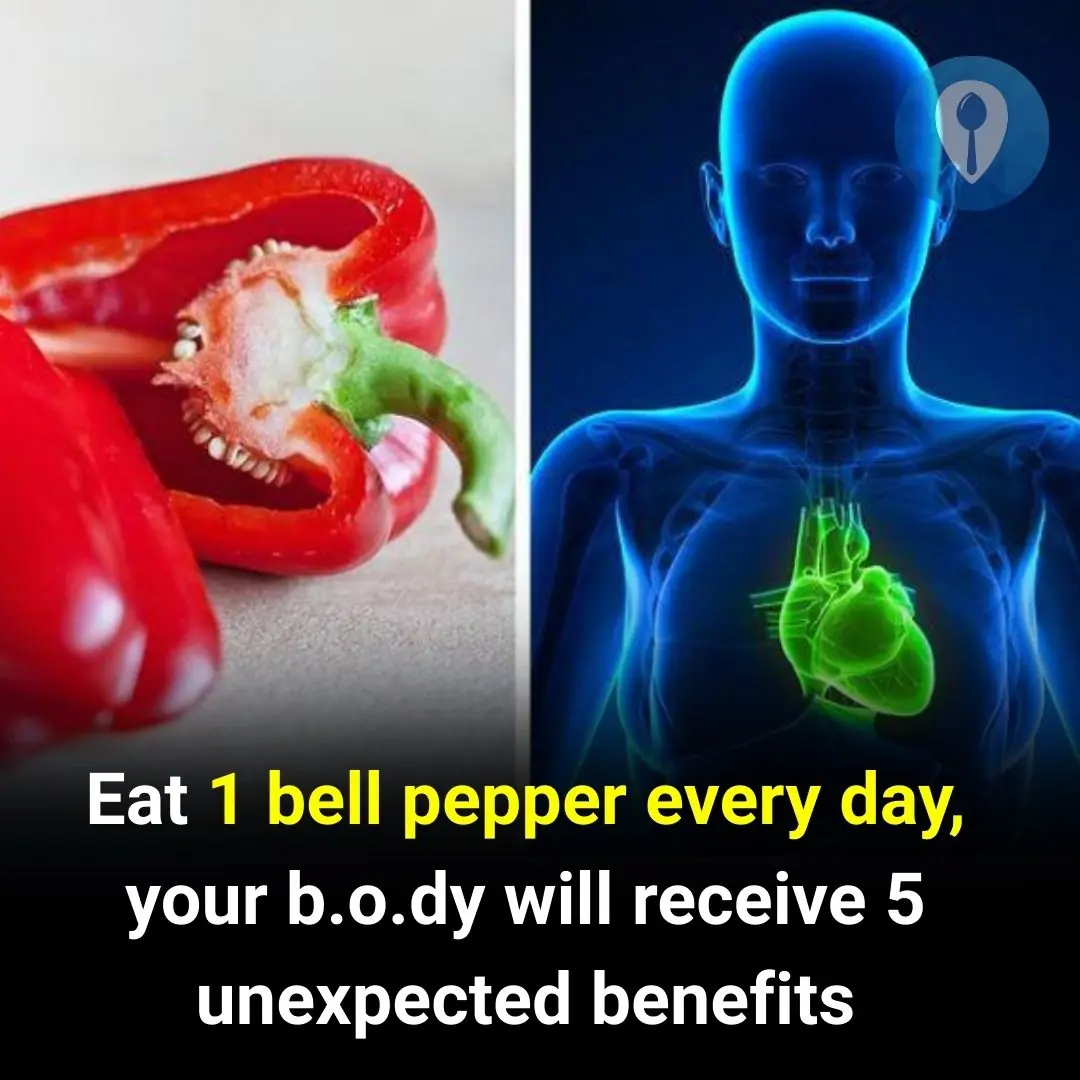
Eat 1 bell pepper every day, your body will receive 5 unexpected benefits

This method makes them spotless like new—no need to remove the frame
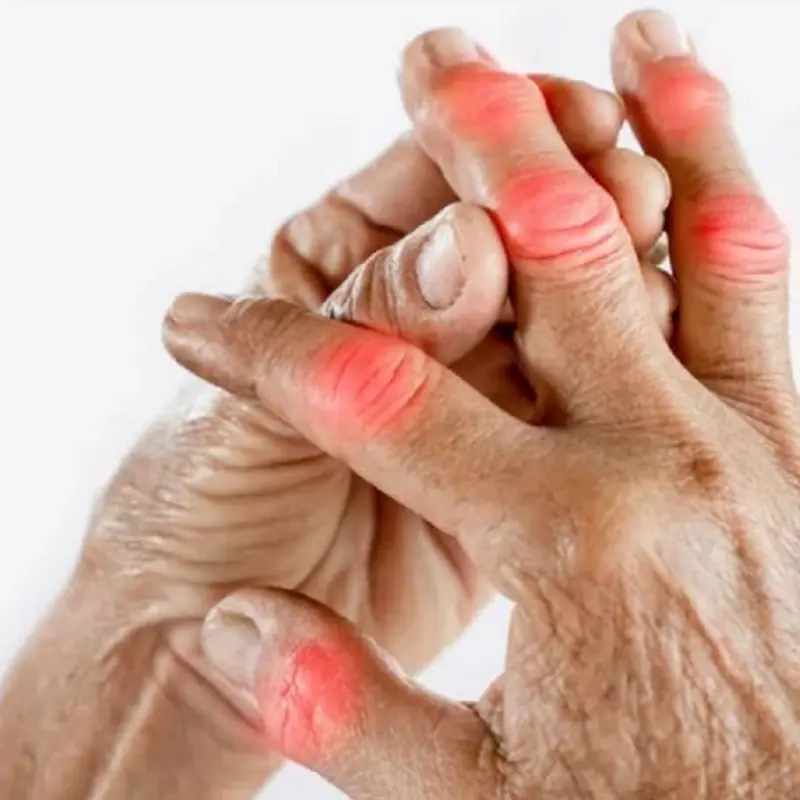
8 Early Warning Signs of Art.hr.itis You Must Pay Attention To

Sho.cking health benefits of sweet potatoes you never knew about
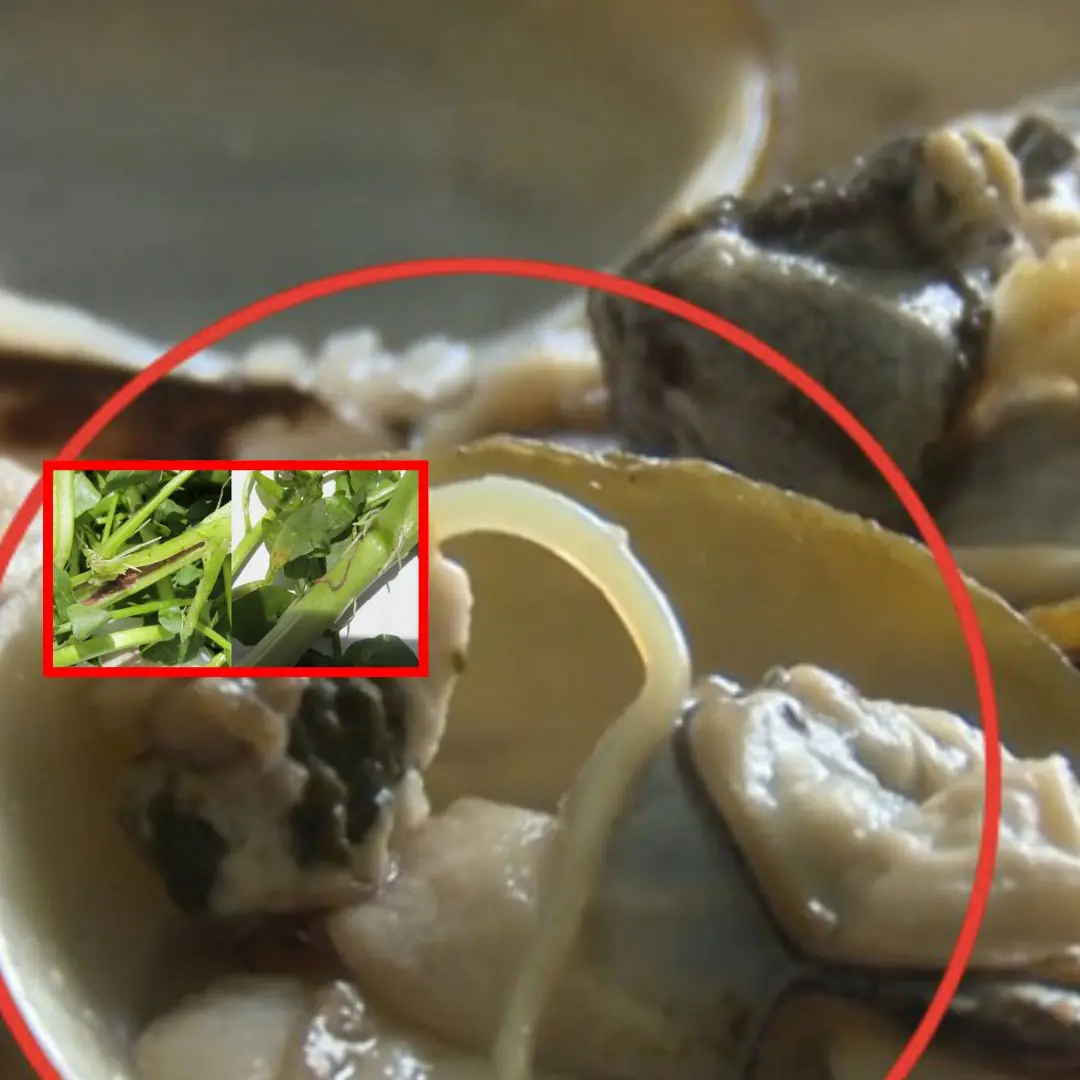
Did you know that common foods we eat daily—such as greens, seafood, and meat—can be infected with worms? Let’s explore which foods are most vulnerable and how to reduce the risk
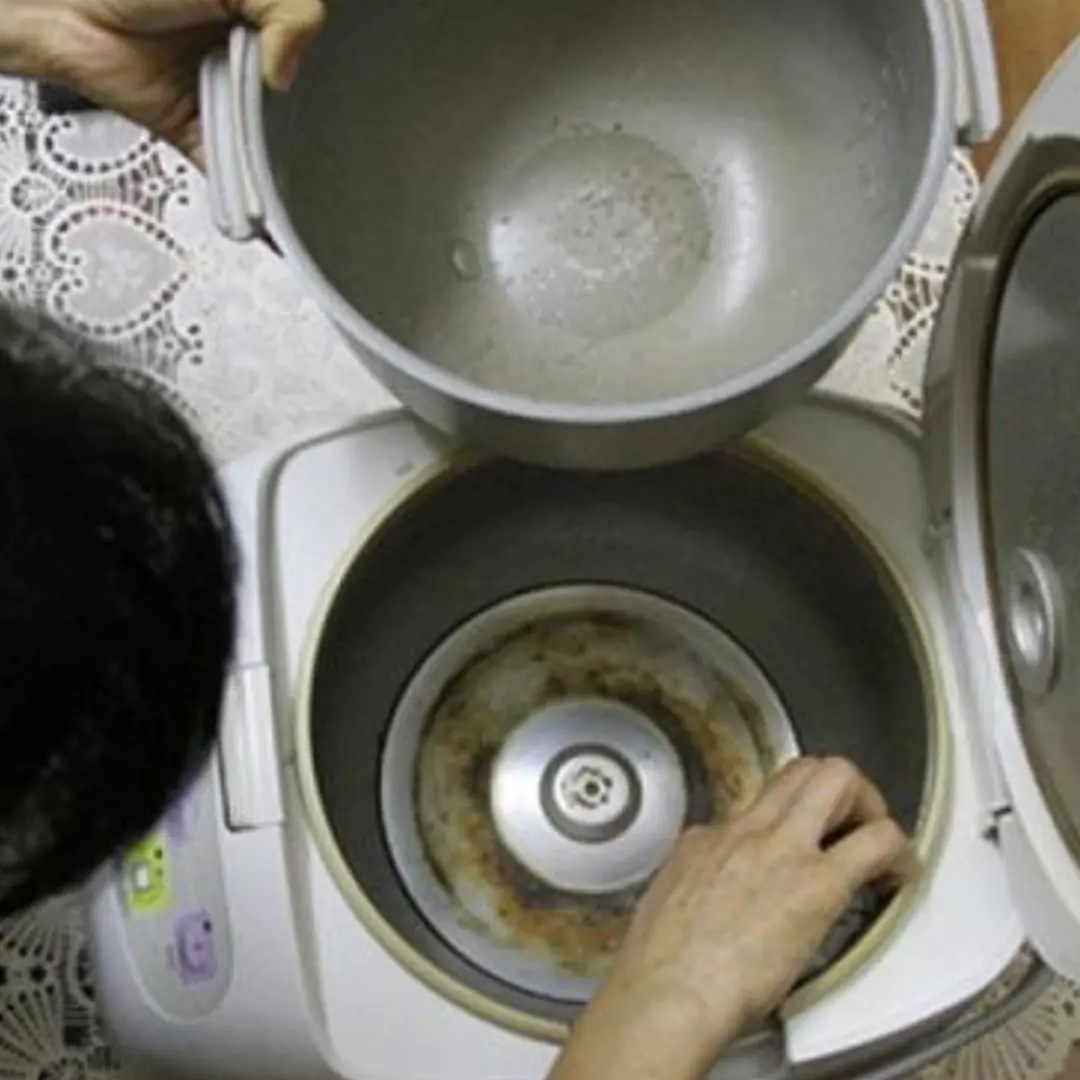
This tiny cleaning trick for your rice cooker could save you a fortune in electricity costs.
